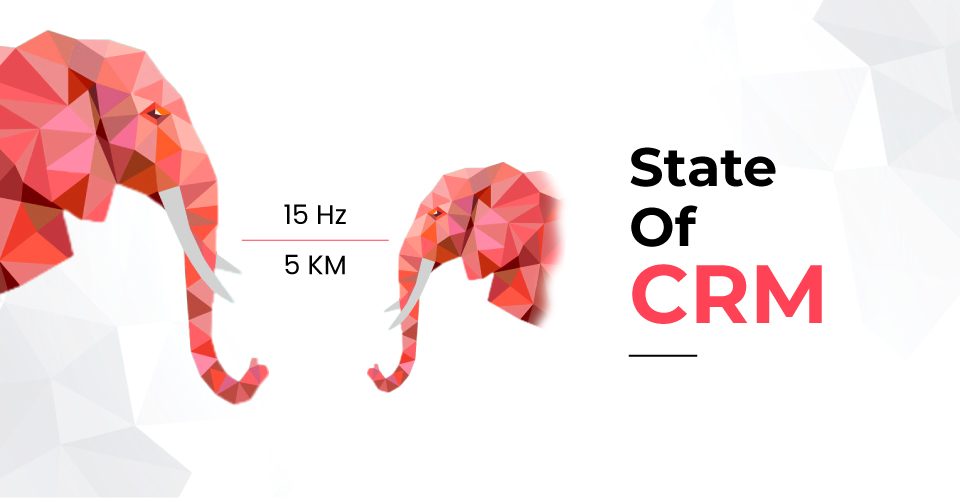Galileo, the Father of Modern Science, was born on February 15, 1564, in Italy. He was a natural philosopher, astronomer, and mathematician.
Wondering why we are talking about a 16th-century philosopher in the 21st century? Galileo is still relevant and not just in classrooms. Most people are unaware that among his greatest inventions is the thermo-scope.
The thermo-scope was a far cry from the thermometer you and I know of today. It took several years and the intervention of many innovators to develop an instrument that could measure temperature. It wasn’t until 1714, that Daniel Gabriel Fahrenheit invented the first mercury thermometer with a standardized scale.
Humble Beginnings Of A Massive Industry
These are not just the humble beginnings of an instrument but an entire industry – that of Medical Devices. Walk into any hospital or clinic and you will witness the paraphernalia of equipment that detects, diagnoses and even operates on ailments. It comes as no surprise that the industry is valued at 478 billion dollars.
Today, Medical devices are made available in healthcare units across the world. So the earlier problem of access, while still existent, is slowly being resolved. But there is an underlying problem that remains unaddressed. The problem of customer service. While this problem does not sound complex, in an industry where the failure of devices can cause loss of lives, the problem is anything but simple.
While manufacturers of medical devices built reliable and dependable products, the problem arises when hospital staff and management don’t know how to operate, troubleshoot or sometimes even use these products. Considering how the equipment is used to save lives, this is an issue that should be prioritized but isn’t.
It’s also important to understand this issue if you are a producer, manufacturer or distributor of medical devices. Every time a healthcare unit or clinic fails to receive prompt service you lose a customer. It’s not that you don’t want to provide the service, it’s that you are not equipped with the right tools. Often medical device manufacturers receive service requests a year or two after the product was delivered. This time-lapse can often lead to confusion about what equipment was delivered.
In addition, the support team has to sift through piles of paperwork to find the details of the equipment, insurance details, and renewal on AMC. On any good day, this could take 2-3 hours to find. But when it comes to saving lives even soon isn’t soon enough. The loss of a single minute can have dangerous consequences.
Paramantra in the Medical Devices Industry
Paramantra service CRM for medical device manufacturers connects the office-based central response teams to regional management, coordination centers, and field service engineers.
Currently, medical device services are facing 2 key issues:
1) Disparate systems
2) Remote locations
The problems may seem starkly different but the hurdles in one effect the results of the other. Reliance on disparate systems leads to miscommunication between teams. The office system is expected to coordinate with technicians who are deployed in remote locations. There is no access to a system that can help create requirements for spare parts or new products.
Paramantra provides a comprehensive Manufacturing CRM Software that covers
- Product sales
- AMC
- Repair
- Replacement
- Maintenance
We provide technology that connects the office-based central response team to regional management, coordination centers, and field service engineers. When a customer contacts you, they are looking for immediate resolution. We want to help manufacturers, like you, identify the shortest path towards resolution. Especially in scenarios where support staff cannot afford to deal with process or system clogs that come in the way of providing precise and timely support.



